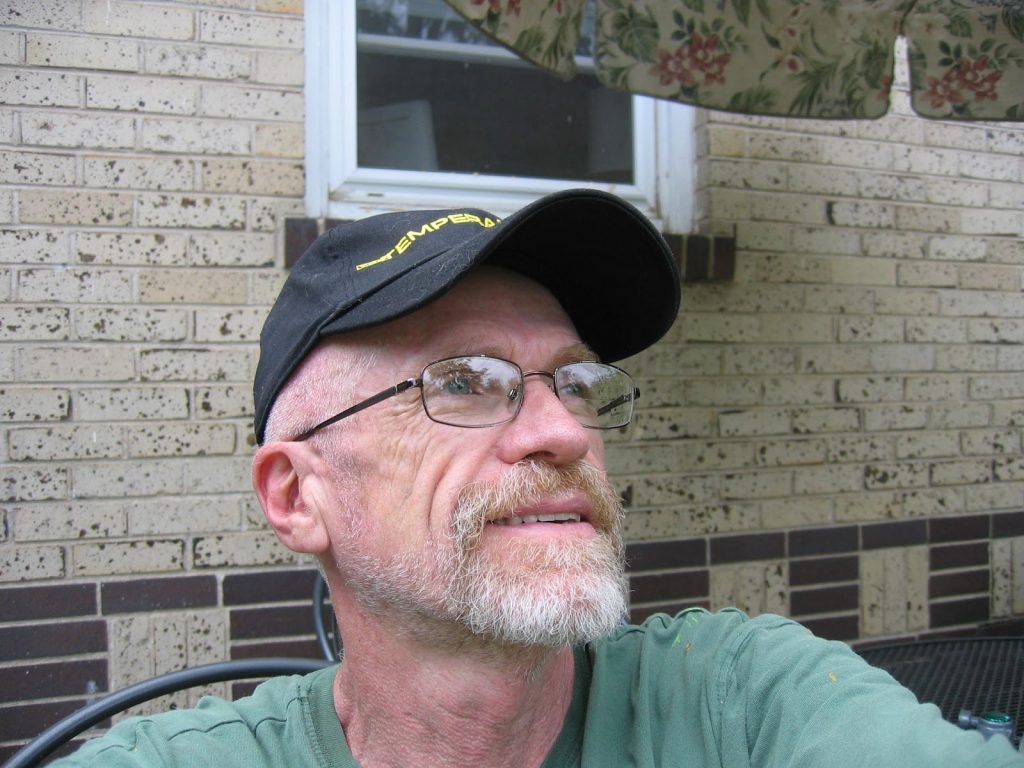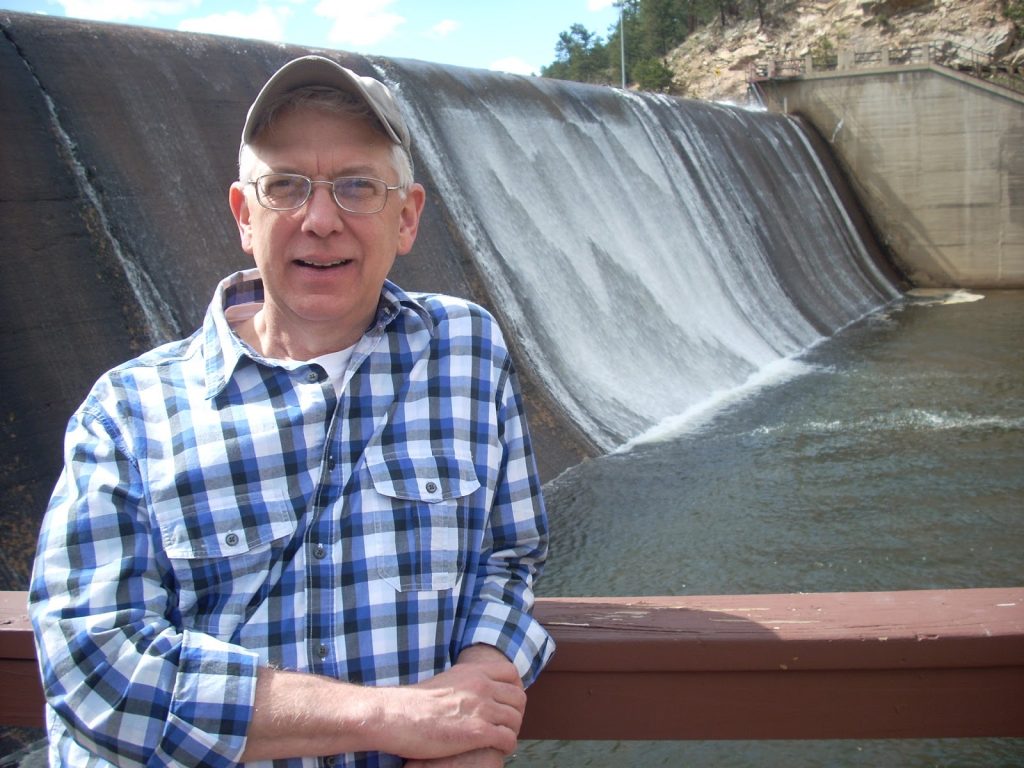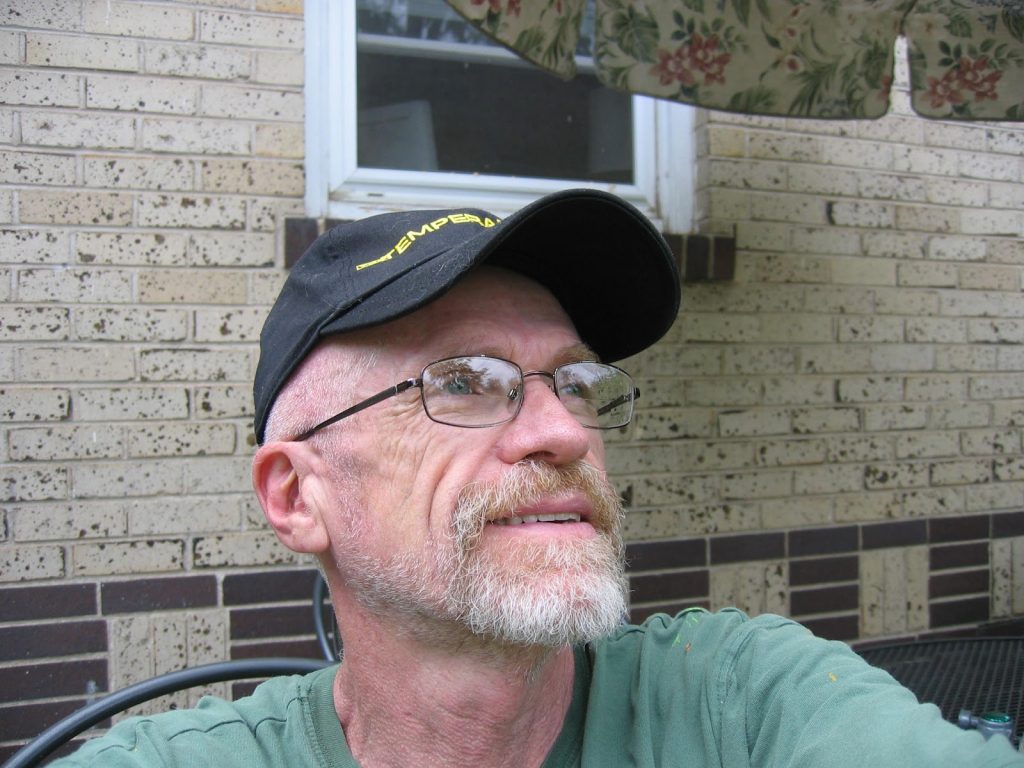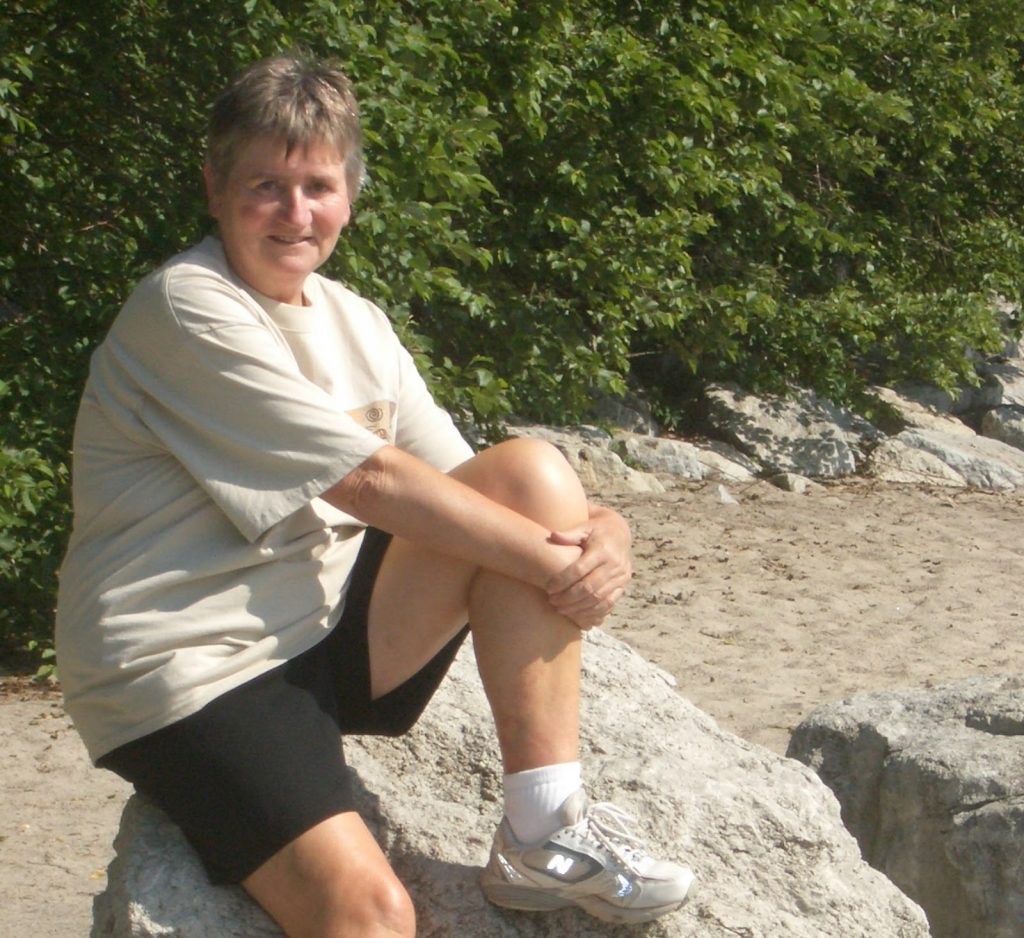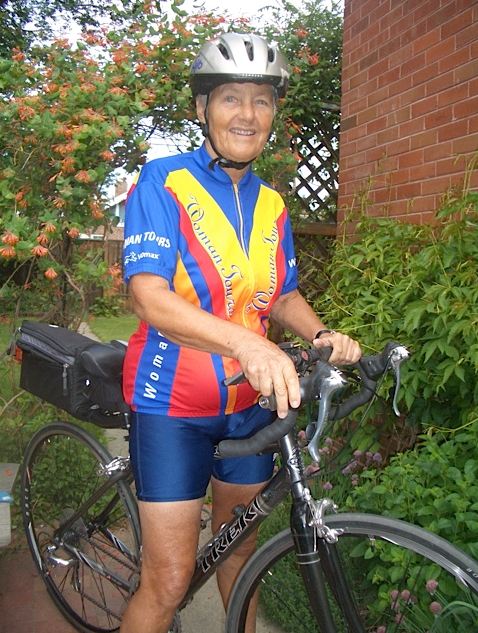Harry Hay is best known for founding the Mattachine Society in 1950 an organization certainly seminal as far as the modern gay movement is concerned. He is also fairly well known for helping create the Radical Fairies in an attempt to redirect what he felt was the disheartening slide of the Queer movement into dreary assimilation. Hmm, I wonder how that worked out?
The Radical Fairies had a definite spiritual bent and cultivated a rejection of straight culture. As I have written here on other occasions I feel it was the devastation of AIDS and the resulting preoccupation with survival and death for so many and in so many insidious ways that took the gas out of the Radical Fairie movement. That though is not to deny that Radical Fairies are not still vibrantly around today here and there.
Another less well-known effort of Harry’s was the formation in 1965 of a queer collective that he called a “Circle of Loving Companions” an entity lasting for decades. I’ll quote a brief description of this group from Stuart Timmon’s biography of Hay called The Trouble with Harry Hay (1990): “ The Circle was often politically active, and Harry stressed the name symbolized how all gay relationships could be conducted on the Whitmanesque ideal of the inclusive love of comrades. The Circle’s membership specifications were based on affinity…”
I first became aware of the name by way of written correspondence I had with Harry and his loving companion John Burnside in the late 1970’s. The phrase “Circle of Loving Companions” was frequently the letterhead on his written correspondence to me in those days and was also stamped on the outside of envelopes as part of the return address. I still do prefer “loving companion” as a descriptor of intimate queer relationships that sits with me much better than partner, lover, significant other or the current rage “husband”.
If I didn’t at the time I should have realized that I was a part of a genuine Circle of Loving Companions that was formed here in Denver out of the intoxicating crucible that was gay liberation the 1970’s. Viable remnants of this Circle remain in my life today but significantly depleted over the years, primarily by AIDS.
I met the most significant loving companion I have ever had in the fall of 1980 shortly after the second Radical Fairie Gathering here in Colorado in August of that year and a few short weeks after returning from my father’s funeral back in Illinois. David was at the time the Methodist minister in Aspen Colorado and was a close friend with one of the roommates I had in our house up in Five Points. He was visiting this friend and staying at our house when we were first introduced. We actually had a bit of a courtship consisting of a couple of dates before we fucked, something extremely rare in the gay male world of 1980. Over the ensuing months though I realized that I did have a deep affinity for this person and he soon left his church in Aspen and moved into the house on north Downing
Street that was sort of the Radical Fairie vortex for Denver at the time. He must have felt a real affinity for me to make such a bold change.
In hindsight I think it best to have a primary loving companion when one is part of a Circle of Loving Companions and David certainly filled that role for me. Our affinity only deepened over the next fifteen years until his death from AIDS in 1995. The nineteenth anniversary of his death is this week on Wednesday the 17th, 2014.
Since his death I have been involved in one other long-term relationship. I guess you can call 11 years a long-term relationship and though it had its moments there didn’t seem to have the same sustained ‘affinity’ in so many ways I had with David. This second long term partner did not seem to fit as well into my circle of friends and this to me is something that any current partner I might fall in love with would need to accommodate. Something to keep in mind is introducing any prospective partner to your circle of companions sort of like straight folks do with each other’s biological families.
So I guess any new partner would need to be a bit of a collectivist and tolerate the coming and goings of my circle and I would certainly need to be accommodating of his companions. I also would insist on dependability. You need to always be there for me and me for you. Sex at this stage of the dance is quite peripheral to the whole enchilada and though mutual orgasms occasionally that involve seeing Jesus would be nice they are definitely not required.
As mentioned above my circle of loving companions is much depleted from what it was 35 years ago but still limping along. It has though it seems gotten much more difficult to add new members. If anyone is feeling an ‘affinity’ and is interested in interviewing for a position in the Circle we could meet over coffee.
© September 2014
About the Author
I was born in La Porte, Indiana in 1949, raised on a farm and schooled by Holy Cross nuns. The bulk of my adult life, some 40 plus years, was spent in Denver, Colorado as a nurse, gardener and gay/AIDS activist. I have currently returned to Denver after an extended sabbatical in San Francisco, California.
